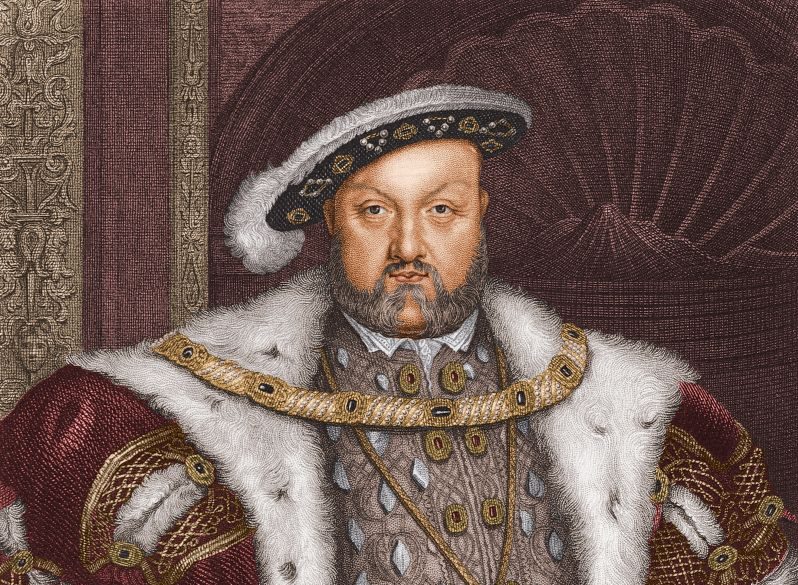With the Strategic Defence Review finally concluded and published, the government has reportedly chosen its candidate to implement the recommendations and changes. Air Chief Marshal Sir Richard Knighton, currently Chief of the Air Staff, will replace Admiral Sir Tony Radakin as Chief of the Defence Staff (CDS) and professional head of the armed forces later in the year. His task will be to lead Britain’s sailors, soldiers and airmen into a ‘new era of threat, which demands a new era for UK defence’.
Radakin had been appointed to a three-year term as CDS in 2021, but in March last year he agreed to stay on for an extra year. Summer 2025 was therefore pencilled in for the selection of his replacement; yet several unexpected factors still emerged. Last year, the Vice Chief of the Defence Staff, General Gwyn Jenkins, was chosen by Rishi Sunak to be the next National Security Adviser. This was thought likely to take him out of the running to be CDS, and his successor, General Dame Sharon Nesmith, raised the possibility of a female candidate.
The hardest fighting required of Knighton will be in the corridors of power
An obvious candidate would have been the First Sea Lord, Admiral Sir Ben Key. As Chief of Joint Operations, he was one of the few figures to emerge with credit from the evacuation of Kabul in August 2021, in which his management of Operation Pitting had been level-headed and accomplished. Over a two-week period, he organised the airlifting of 15,000 people, impressing ministers and colleagues.
Recently Key had begun to indicate he would not put his name forward as CDS. He reportedly felt he could no longer defend cuts to the Royal Navy, which were making the service unsustainable. But last month, he unexpectedly stepped down amid an investigation into accusations of an improper sexual relationship with a female subordinate.
The other two frontrunners were the Chief of the General Staff, General Sir Roly Walker, and Commander UK Strategic Command, General Sir Jim Hockenhull. Walker and Knighton are said to have been the two candidates interviewed by the Prime Minister. I wrote about Walker’s rise almost two years ago, and he is a respected and experienced soldier who has been at the sharp end of warfare, his Ridgeback protected patrol vehicle being blown up by a roadside bomb in Afghanistan in 2010. But he has not yet been head of the army for a full year and may be a more likely prospect next time round.
Hockenhull is an intelligence officer and was Chief of Defence Intelligence between 2018 and 2022. He has extensive experience in relevant areas like force development, cyber warfare and information integration, but was known to be reluctant to seek the top job. It was also noted that his time at Defence Intelligence had included the capture of Kabul by the Taliban in 2021, perhaps the UK’s worst intelligence failure since the fall of Singapore in 1942.
Many factors, then, pointed to Knighton. With so much of the Strategic Defence Review relying on procurement and reorganisation, he has a strong background in bureaucratic roles: Head of Finance and Military Capability (Air), Assistant CDS (Capability and Force Design) and Deputy CDS (Financial and Military Capability). He also created and led what would become the Global Air Combat Programme, which will provide the RAF with sixth-generation fighter aircraft in the early 2030s.
Knighton knows the Whitehall jungle. He has been referred to as ‘the money guy’ and has worked with HM Treasury before. With the financial foundations of the SDR agreed no further than the increase to 2.5 per cent of GDP from 2027, he has the experience to make the trade-offs and compromises necessary to squeeze as much as possible out of the available resources.
There is one other noteworthy factor. Knighton was the first head of the RAF since its creation in 1918 not to have been a pilot; he is an aeronautical engineer, a Cambridge graduate who specialised in airframes. This means he is the first Chief of the Defence Staff who has never served in a combat role. Does this matter?
Professionally, no: the hardest fighting required of Knighton will be in the corridors of power. But the vice chief, Dame Sharon Nesmith, has also never served on the front line. They need to be alive to a potential perception problem, especially if and when they have to put British personnel in harm’s way.
A three-year posting will see Knighton start and finish as CDS within a single parliament. Transforming not just the armed forces and the Ministry of Defence (MoD) but the defence ecosystem with the money on the table so far will be the military equivalent of feeding the 5,000. He is experienced and wily, although he is said to dislike being outmanoeuvred intellectually or backed into a corner. MoD Main Building has a great many corners.
Knighton’s priority will be to assess ruthlessly how much of the SDR’s wishlist is achievable, then sell his conclusions to ministers, the public and the services. His tenure could be historic, but for good or bad reasons? That lies in his hands.








Comments